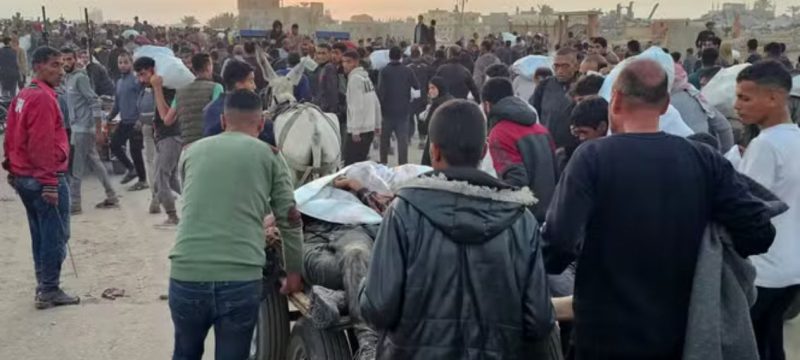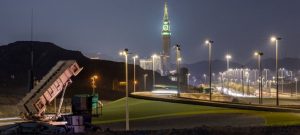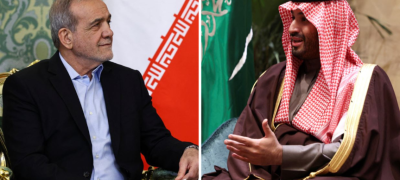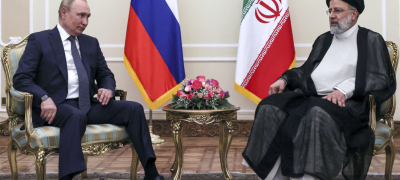UN Secretary-General António Guterres has demanded an independent probe into the deaths of dozens of Palestinians near an aid distribution point in Rafah, Gaza, amid conflicting accounts about what led to the incident. In a statement issued Monday, Guterres said he was “appalled” by reports of Palestinians being killed and injured while trying to receive humanitarian assistance and stressed that those responsible must be held accountable.
The call came after reports on Sunday suggested that Israeli forces opened fire on crowds waiting for food near the Gaza Humanitarian Foundation (GHF) site. Witnesses claimed tanks approached and fired, causing chaos among civilians gathered at the al-Alam roundabout.
Read more: Gaza’s Only Dialysis Center Destroyed Amid Ongoing Strikes
However, both the Israeli military and the GHF denied any such occurrence. The IDF stated it did not open fire on civilians and labeled the reports “false,” while GHF, a joint Israeli-US initiative, called the allegations “complete fabrications,” asserting there were no injuries or fatalities during their operations.
Contradicting these denials, Hamas-run Civil Defence reported that 31 people were killed and 176 injured by Israeli gunfire. The International Committee of the Red Cross (ICRC) confirmed receiving 179 casualties at its Rafah field hospital, with 21 people declared dead on arrival. Médecins Sans Frontières (MSF) also reported treating critically wounded patients who said they were fired upon from multiple directions — including by drones, tanks, and helicopters — while approaching the aid site.
Local journalists and eyewitnesses supported claims of gunfire and tank presence, with one video circulating online allegedly showing people ducking under heavy fire. While the BBC could not verify the footage, the Israeli military later released drone video suggesting Hamas operatives had fired at civilians. A military spokesperson admitted warning shots were fired at suspects 1 km away from the aid center but insisted it was unrelated to the humanitarian operation.
UN Human Rights Chief Volker Türk condemned the humanitarian delivery system, calling it “dehumanizing” and “unacceptable,” emphasizing the desperation of civilians forced to risk their lives for basic aid. On Monday, reports emerged of three more Palestinians killed by Israeli fire in Rafah’s Tal al-Sultan neighborhood, close to the same aid site, with 50 people wounded, including two fatalities confirmed by hospital staff.
Elsewhere, an Israeli airstrike on a home in Jabalia, northern Gaza, reportedly killed 14 people — including six children and three women — with 20 still buried under debris. While Israel didn’t comment specifically, the military confirmed airstrikes on numerous “terror-related targets” including tunnels and arms caches.
These incidents come amid intensified Israeli military action in Gaza, particularly Rafah, following the May 19 launch of a ground offensive to seize control of the territory. A full blockade was enforced on March 2 before resuming attacks after a short ceasefire. Israel’s campaign is in response to Hamas’ October 7 attack that killed 1,200 Israelis and resulted in 251 hostages being taken. Gaza’s Health Ministry reports at least 54,470 Palestinian deaths since, with 4,201 killed since operations resumed in March.
Israel defends its military actions as a means to pressure Hamas into releasing the remaining 58 hostages, 20 of whom are believed to be alive. Meanwhile, U.S. Ambassador to Israel Mike Huckabee dismissed the media coverage as “irresponsible,” accusing journalists of relying on Hamas-linked sources. He claimed drone footage showed no deaths, injuries, or panic.
Despite these rebuttals, international demands for a credible and impartial investigation are growing. Media access restrictions and limited humanitarian presence continue to obstruct independent verification from either side.





